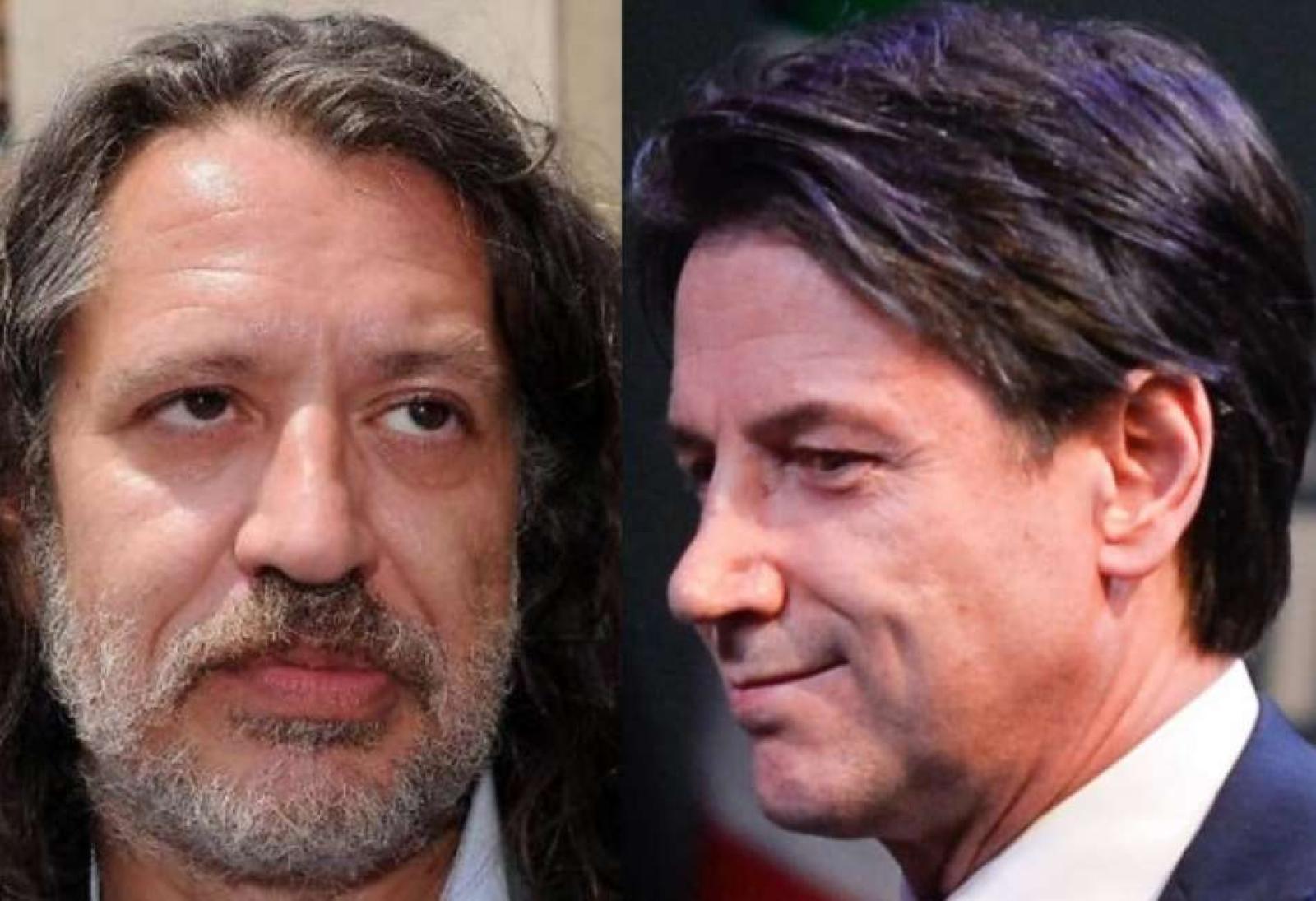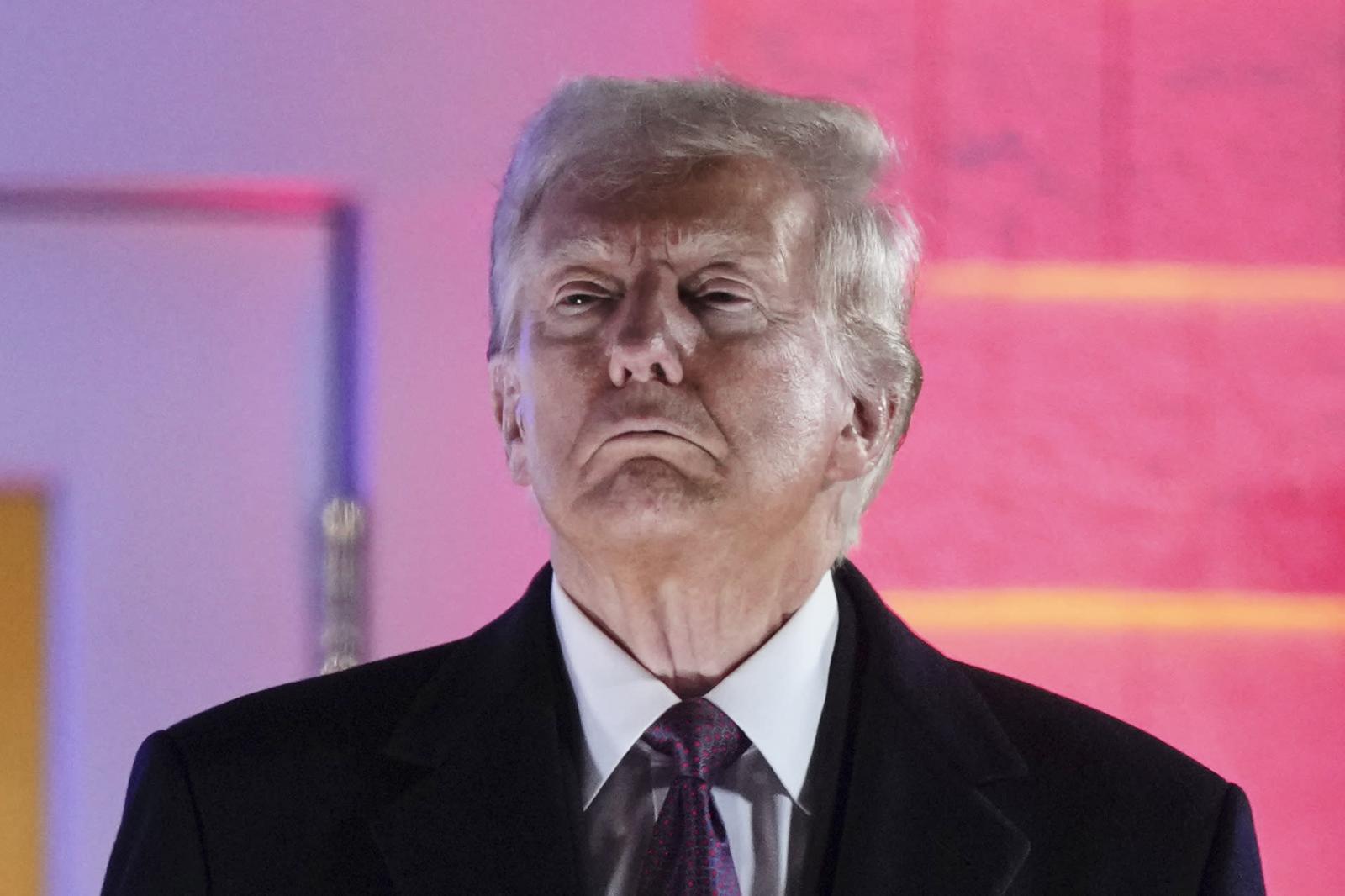
Davide Vannoni, a sinistra, e Giuseppe Conte, a destra.
In vista della consultazione al Quirinale del candidato alla presidenza del Consiglio, il Gruppo 2003 per la ricerca scientifica ha inviato il seguente telegramma al Presidente della Repubblica Sergio Mattarella:
Il GRUPPO 2003 PER LA RICERCA SCIENTIFICA, CHE RADUNA RICERCATORI ITALIANI DI CHIARA FAMA A LIVELLO INTERNAZIONALE, RITIENE CHE NON SIA POSSIBILE AVERE UN PRESIDENTE DEL CONSIGLIO CHE ABBIA SOSTENUTO L'UTILIZZO DI STAMINA. CIO' DETERMINEREBBE UN GRAVE PREGIUDIZIO NAZIONALE E INTERNAZIONALE ALLA CREDIBILITA' DEL FUTURO GOVERNO.
Il Direttivo a nome del Gruppo 2003 per la ricerca scientifica



